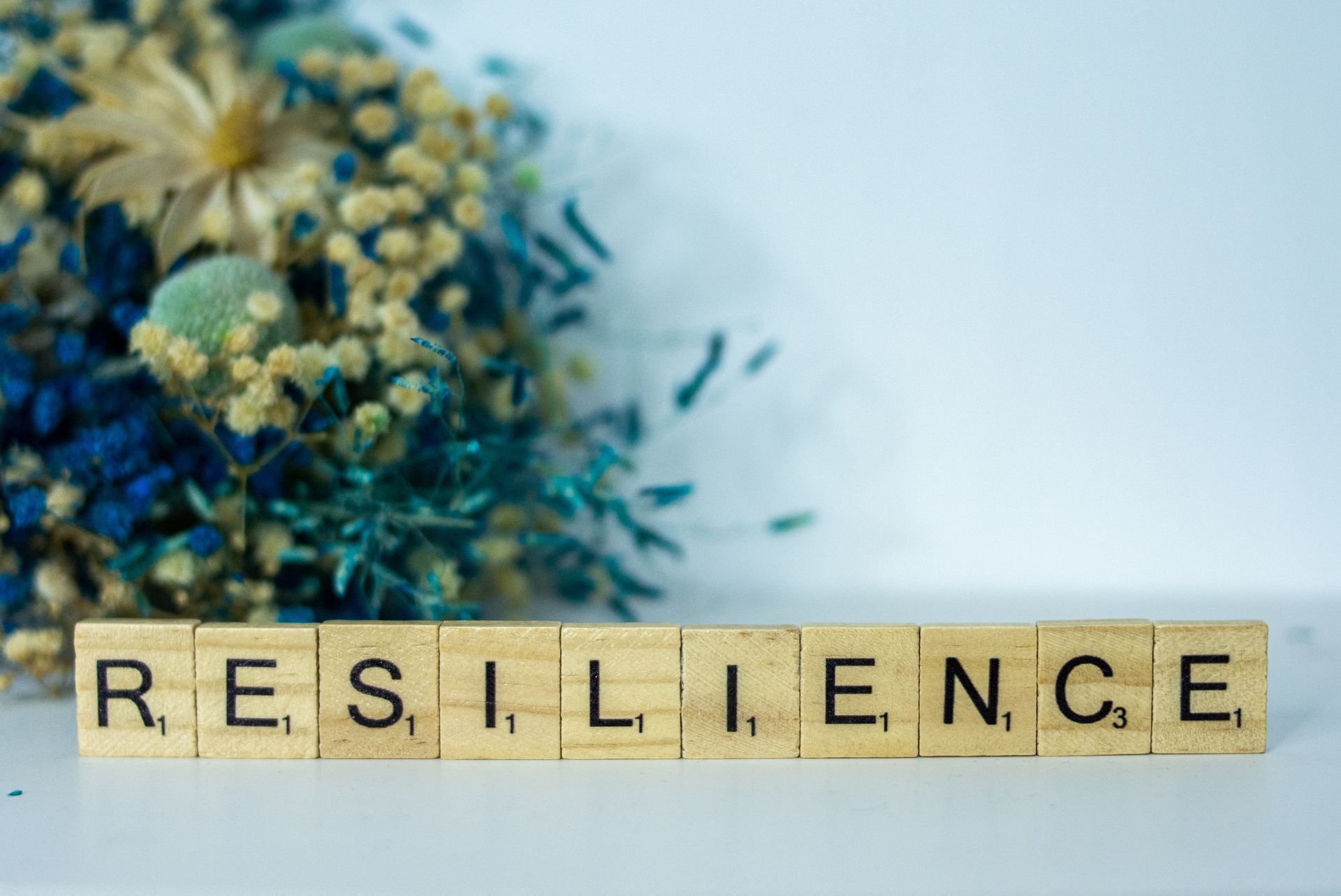What is Stress ?
Stress, that word we hear so often, is an omnipresent reality in our lives. While it has become a frequent companion of our modern society, its effects on our well-being and health should not be underestimated. But what is stress really?

A Reaction of our Body
According to the definition in the Larousse dictionary, stress is a "reactionary state of the organism subjected to sudden aggression". In other words, it's the reaction of our body and mind to a situation that puts us under pressure. A natural reaction that puts us on alert and ready to face a threat. Beyond stress as a physiological reaction to a single event, as described by physiologist Walter Cannon in 1915, the definition of stress was subsequently broadened to include the notion of negative impact on the individual due to excess tension or chronicity, notably through the research of Hans Selye, the founder of stress theory. The interpretation and understanding of the term "stress" has thus evolved to mean, in everyday language, "a situation of excessive nervous tension, traumatic for the individual" (Le Robert dictionary).
This negative connotation of the word stress is very present in today's society, even though it is originally a positive reflex that mobilizes and stimulates our resources, strength and survival instinctively in the event of a danger, enabling us to run faster or fight, for example.
A State Unique to each Individual
Today, stress can be caused by a variety of factors, such as work, personal relationships, the accumulation of tasks, financial challenges or traumatic events. Everyone's stress triggers are different. We won't be affected in the same way by situations, pressure at work, complexity or different projects running in parallel.
Everyone reacts differently to stress, too, but there are some common signs that indicate its presence. Physical symptoms can include increased heart rate, headaches, muscle tension and reduced energy. Emotionally, stress can cause anxiety, irritability, sadness and even depression.
The Many Physical and Mental Consequences of Stress
While positive stress motivates and pushes us to excel, resulting in optimal performance for us, the consequences of so-called negative stress can be devastating to our overall well-being (read more about positive and negative stress here). On a physical level, chronic stress can weaken our immune system, increase the risk of cardiovascular disease and accelerate the aging process.
On a mental level, stress can affect our ability to concentrate and make decisions, leading to sleep problems and a deterioration in our mental health, sometimes culminating in burnout. Relationships with those closest to us can also be affected, as stress can alter our mood and our ability to interact positively.
Stress can be Managed Positively
While stress is an unavoidable fact of modern life, we don't have to resign ourselves to being its victims.
By understanding its mechanisms and manifestations, adopting stress management strategies and seeking a healthy balance in our lives, we can manage stress effectively and positively, so that it serves us rather than hinders us, minimizing its harmful effects on our physical, mental and emotional health.
Sophrology is an effective method for preventing and managing stress. Awareness of the body, the use of conscious breathing, the strengthening of individual resources and positive projection are central to its practice, which is accessible to all.




Partagez cet article / Share this article
© 2025 aequilibrium | Tous droits réservés








